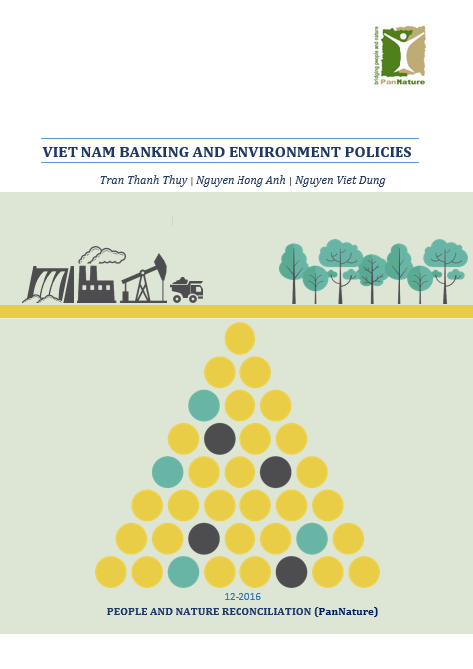Beijing, once among the most polluted cities globally, has significantly improved its air quality over the past two decades, with its experience possibly providing Hanoi with valuable insights into the severe air pollution that the Vietnamese capital is enduring.

Vietnam Banking and Environment Policies
Recently, Vietnam has been trying to restructure its economy towards efficiency and sustainability. To achieve this goal, the Government has developed and adopted many policies and action plans to integrate and implement strategic objectives for green growth and sustainable development. Credit organizations are considered an important actor in the government’s action plan to direct investments into environmentally-friendly production, to mitigate risks and move towards sustainable development.
Making a contribution to the implementation of the National Green Growth Plan 2014-2020, the State Bank of Vietnam had issued Directive No. 03 /CT-NHNN in March 2015 on promoting green credit growth and managing environmental and social risks associated with bank loans. In August 2015, the SBV also agreed upon a Banking Sector Action Plan to implement the National Green Growth Strategy to 2020.

This report has been consolidated based on the studies conducted in 2 years, 2012 and 2016, with the purpose to review and analyze the constraints that hinder the ability of credit organizations in Viet Nam to develop green credit and encourage adoption of social and environmental risk management practices. Based on the assessments, the report also recommends policy measures to support credit institutions in growing green credit and managing environmental and social risks for the loans granted to development projects.
Download the Report “Viet Nam Banking and Environment Policies” here.
Read online:



